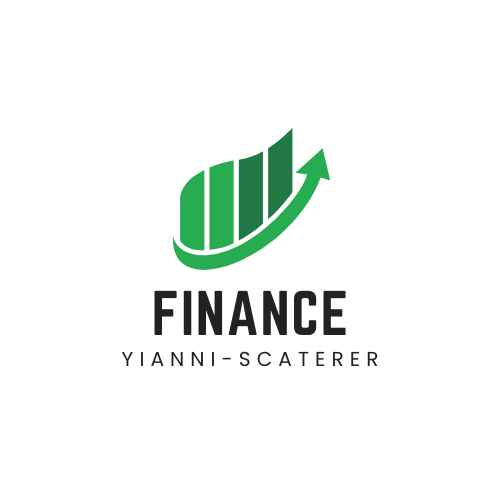
Sustainability certification is an important part of the sustainability process. However, it is difficult to assess whether a certification program is actually increasing business. While many organizations have good intentions, the reality is that they may not be able to measure the true impact of their sustainability efforts. Luckily, there are a few factors to consider when choosing a sustainability certification program. Here are some of them. Listed below are a few key points to consider. Whether a sustainability certification is worth pursuing depends on the organization.
There are many types of sustainability certification. While some standards are stricter than others, they are generally aimed at promoting strong environmental and social practices. The recommended standard is recognized in at least ten countries and has high visibility. Other certifications may meet some of these points, but they may not maximize the benefits associated with brand building and revenue-side marketing. In short, a sustainability certification should be used only if it is truly credible. Listed below are the most common types of sustainability certifications and their benefits.
Using a sustainability certification can benefit a business in several ways. Companies can reach the growing eco-conscious consumer market and get a head start on regulations. Additionally, it increases production efficiency and can help reduce operating costs. Consumers are increasingly choosing sustainable brands, which is why certification is so important. Sustainability standards should be audited by an independent group. A good certification means that a business is doing its part to protect the planet and people.
Sustainability certifications increase credibility and trust in brands. They help companies identify their impacts and improve their practices. Additionally, they allow them to showcase their commitment to good practice. It can help your organisation stand out from competitors and increase customer loyalty. The following are some benefits of sustainability certifications for businesses:
As a social approach to sustainable resource management, sustainable certification is a form of resourcification, a process where consumers think about how their products are made. As a result, the certification process is largely similar to that of an audit. Among the steps involved in the process are a product life cycle analysis, a self-assessment, and final assessment by WQA sustainability auditors. For a company to earn a sustainable certification, it must demonstrate that its products are environmentally and socially responsible.
Business owners who want to implement a sustainable program should invest in a program that will provide them with the tools to create change within their company. Once a sustainability certification is achieved, the changes made are built upon and integrated into every part of the business. Additionally, it is a great conversation topic among business owners. Green initiatives can save money, increase customers, and create new ways to compete in the market. There are many benefits of sustainability certification.
Companies interested in sustainability certification should consider the accreditation process. The WQA Sustainability Certification Program has been accredited by ANSI, a global organization that verifies the environmental responsibility of products. This accreditation allows them to display the Sustainability Certification Mark on their packaging, website, or product. The WQA accreditation is the most credible and prestigious in the water treatment industry. It enables customers to recognize a company's sustainability efforts, as well as their products as safe.
Getting a sustainability certification means that companies are committed to improving their processes. This could include investing in an improved child labor remediation system or an expanded biodiversity strategy. After all, producers are still the ones bearing most of the burden for these sectors. By establishing this connection, sustainability certification can help raise institutional funds and provide more direct support for landscape programs. It may also be the beginning of a better way to promote sustainable business practices. So, take advantage of the opportunities that this type of certification provides.
There are several types of sustainability certification programs. SMaRT Consensus Sustainable Product Standards covers over 80% of global products. The Sustainable Forestry Initiative has a robust set of forest certification standards, which measure biodiversity, species at risk, forest conservation value, and fiber content. A cloud-based SaaS platform, EcoVadis, provides holistic sustainability rating services. These services cover environmental, social, and economic impacts. For more information, visit the EcoVadis website.
Graduate certificate programs are designed to serve a wide range of students. Many schools offer sustainability graduate certificate programs online. These programs utilize advanced distance learning technologies, such as web conferencing, live lectures, and virtual class sessions. Students can complete their sustainability certification training online from anywhere with a reliable Internet connection. They can also choose the certificate programs that fit their lifestyle and schedule. You can also choose a certificate program with a particular focus, like environmental science or sustainability.
